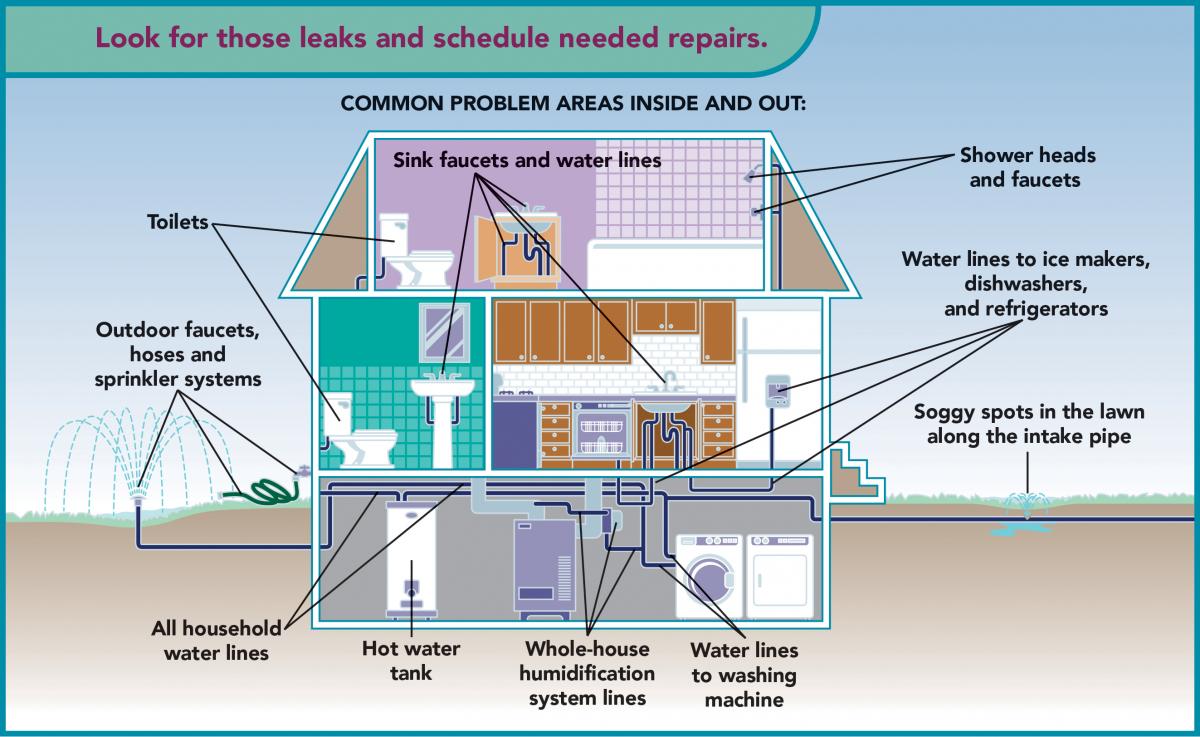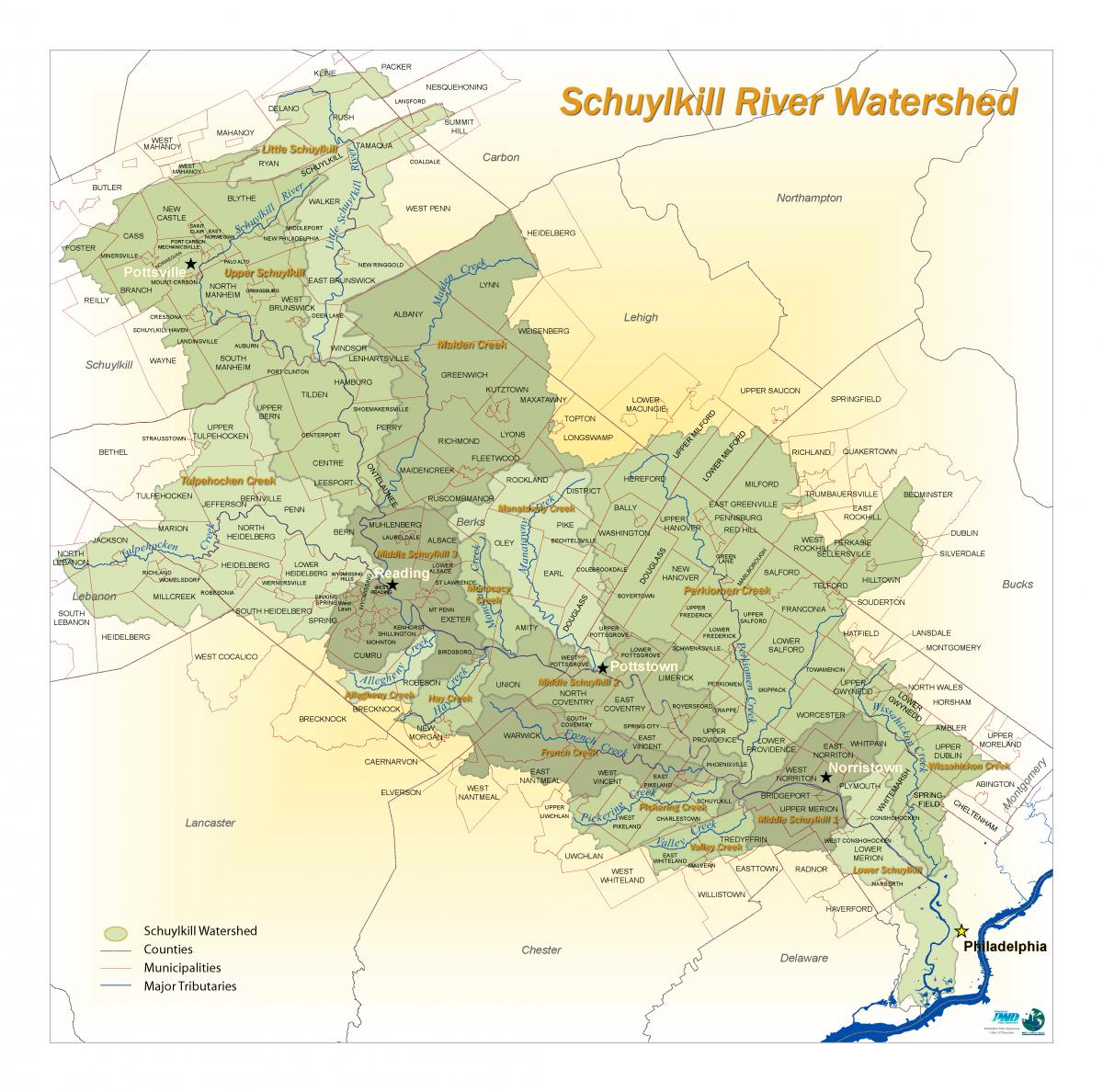Homeowners
All people need clean water to live. Protecting local water bodies protects your drinking water and health. Reducing water consumption in the home also saves money and “green” communities tend to have higher property values. Homeowners can enjoy many benefits from only a few small changes to their daily water habits.
Tips for Homeowners/Residents:
- Fix a Leak! Did you know that household leaks account for over 10,000 gal of water wasted per year? Learn more about fix a leak week on the EPA Website
- Low-Flow Faucets and Showerheads - Low-flow faucets and showerheads reduce the flow of water and therefore reduce the total amount of water used. Installing one of these can save over 7,600 gallons of water per year!
- Flush Only Toilet Paper - Wipes (even "flushable" or "biodegradable" ones), paper towels, or other paper products not intended for use in wastewater systems, down the toilet can lead to sewer backups and in-home plumbing issues which may be expensive to repair. Improper disposal can also lead to problems in the sewer system. In addition, fat and grease should not be put down the drain because they lead to buildups.
- Reduce Your Shower Time - An average shower uses anywhere from two to seven gallons of water per minute. This doesn’t sound like much, but a single person who showers for 15 minutes every day could use more than 15,000 gallons of water per year on average. Considering cutting time off your daily shower. One minute less will save 1,000 gallons of water per year or more!
- Replace Old Appliances with Water-Friendly Alternatives - When your old appliances need replacing, consider using ones that come with EnergyStar or WaterSense labels. These will use less water per use, which saves both water and money!
- Water Smarter - Be careful when you chose to water your lawn or plants. Never water when it's windy or at the hottest part of the day because this will lead to more evaporation than plant benefit. Always be aware of the weather and think: Does the lawn really need to be watered? Oh, and NEVER water when it’s raining!
- Reduce Fertilizer and Pesticide Use - Chemical fertilizers and pesticides do not necessarily use water, but they can contaminate local waterways. Stormwater will carry surface chemicals down local storm drains, which often lead directly to a local stream or river. Never fertilizer or spray pesticide just before it rains and consider switching to an organic or non-chemical fertilizer instead. Planting native plants instead of grass can also reduce the weed and pest population and therefore the need for pesticides.
- Consider Collecting Rainwater - Rainwater is naturally clean water that can be collected around a home using tools such as rain barrels. The collected water can then be used to water plants and other non-potable (not for drinking) uses during dry spells. Always check with your local municipality before investing in a rain barrel; some municipalities have rules about collecting water!
Resources for Homeowners


